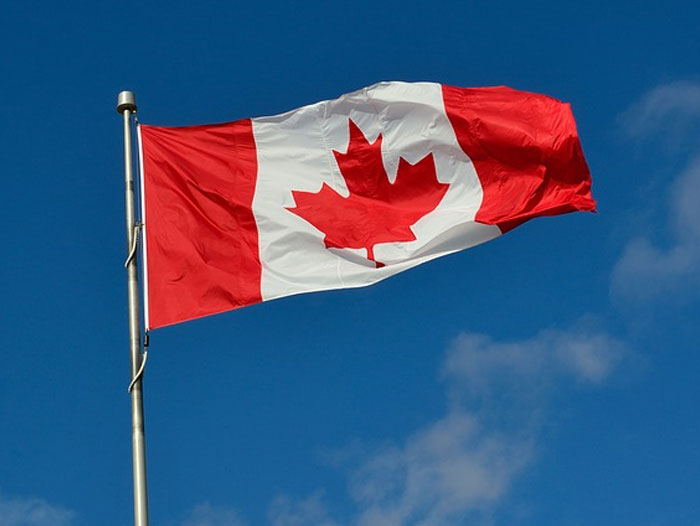Government Of Canada Takes Action on Fish Fraud
March 25, 2021 | 2 min to read

OTTAWA, ON – The Canadian Food Inspection Agency (CFIA) is addressing the issue of food fraud so Canadians can be confident that the food they buy is accurately represented.
As part of the Government of Canada’s work to tackle food fraud, the CFIA sampled and tested fish from domestic processors, importers, and retail establishments across Canada. According to the enhanced fish species substitution surveillance (2019 to 2020) report, CFIA’s testing shows 92% of fish samples taken were satisfactorily labelled with proper common names. Nine species of fish were targeted based on their likelihood to be mislabelled or substituted and their availability in the Canadian marketplace, including: butterfish, cod, halibut, kingfish, sea bass, snapper (red and other), sole, tuna and yellowtail.
The CFIA took appropriate actions on all unsatisfactory results. This included enforcement actions, such as letters of non-compliance, product seizure and detention, relabelling to bring the product into compliance, and product disposal.
Industry is responsible for properly labelling fish and seafood and providing consumers with information that is neither false nor misleading. Accurate labelling supports the traceability of food. Under the Safe Food for Canadians Regulations traceability requirements are included. The ability to track food through the supply chain can significantly speed up the removal of unsafe or misrepresented food from the market and better protect Canadians.
The Government of Canada is currently working with stakeholders to identify approaches to fulfill the Minister of Health’s mandate commitment to develop a boat-to-plate traceability program for fish products in Canada.
Under the Food Policy for Canada, launched in June 2019, the Government of Canada invested $24.4 million over 5 years to the CFIA to tackle food fraud in order to protect consumers from deception and companies from unfair market competition. With this funding, the CFIA is conducting inspections, collecting samples, testing foods for authenticity, and gathering intelligence to better target its oversight activities.
By addressing food fraud, Canadians can be confident that the foods they purchase are properly labelled and safe to consume. It also helps Canadian businesses compete more fairly in the Canadian and global marketplace.
